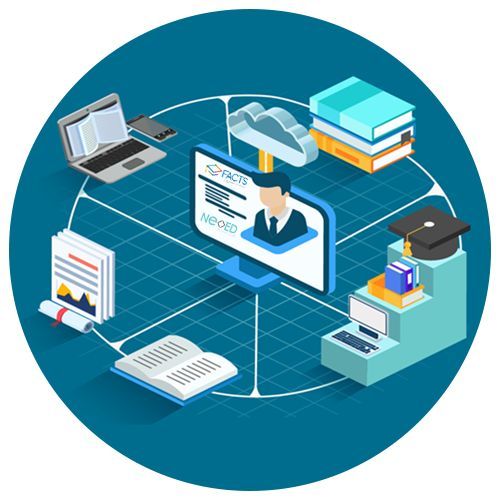
Learning Management Systems (LMS) are evolving rapidly to meet the demands of modern learners, and one of the key trends in this evolution is the adoption of microlearning strategies. Microlearning involves delivering learning content in small, specific bursts that are easier for learners to process and retain. It aligns with the contemporary attention spans and busy lifestyles, as it allows individuals to learn on-the-go and just-in-time.
Traditional LMS platforms are structured to support comprehensive courses that often include lengthy modules and chapters. However, to facilitate microlearning, an LMS needs to be flexible and agile. It must support bite-sized learning materials that can be consumed quickly — typically within a few minutes.
LMS for microlearning specializes in providing these short learning activities, which could include short videos, interactive quizzes, brief articles, or infographics. The idea is not just to chunk down content but also to make the learning experience more interactive and engaging.
The key features of an LMS designed for microlearning also include:
1. Responsive design: To support learning across different devices — especially mobiles — so that learners can access content whenever they have a few spare minutes.
2. Gamification: To make learning more engaging, employing elements like badges, leaderboards, and rewards for completing these short lessons.
3. Easy content creation and updating: Enabling instructors to effortlessly create and update micro-content without the need for specialized technical skills.
4. Tracking analytics: Providing detailed reporting on individual learner progress, engagement levels, and completion rates for these short modules.
5. Integration capabilities: Allowing for the integration with other systems and tools which can contribute resources for microlearning activities or extend its functionality.
Microlearning is not just about repackaging traditional eLearning content into smaller units; it’s about designing learning experiences specifically crafted for brevity and impact. An LMS tailored for microlearning leverages cognitive science principles to deliver just enough information necessary to achieve a specific outcome without overloading the learner.
In conclusion, Learning Management Systems for microlearning represent the future of corporate training and personal development. They harness technology to empower learners with control over their learning experience, fitting education into their lifestyles rather than forcing them to adapt. With shorter attention spans and a preference for immediate, applicable knowledge, learners can benefit greatly from an LMS that delivers training in a way that is both convenient and effective.
